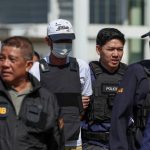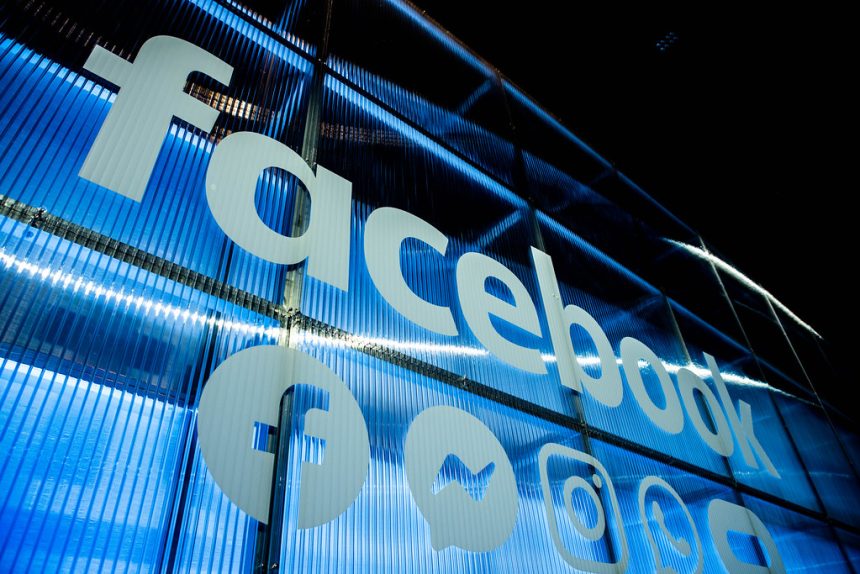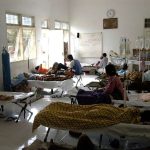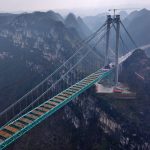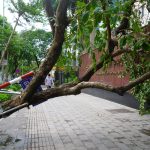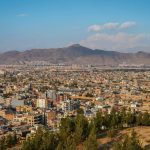Papua New Guinea is preparing to roll out sweeping new rules for social media that would require users aged 14 and over to register a SevisPass digital ID before accessing platforms like Facebook, TikTok, Instagram, and X. This proposed Social Media Policy 2025—already approved by the Cabinet—is expected to be tabled in Parliament later this month.
The government says the aim is to curb misinformation, scams, and online abuse, while enforcing local laws on platforms. But many citizens, especially young people, content creators, and digital rights advocates, view it as a “power grab” that could stifle dissent and silence voices that depend on online platforms.
What the Policy Would Do
Some of the key features of the plan are:
- Age verification via SevisPass: Anyone 14 or older would need to register a SevisPass digital ID to use major platforms.
- Platform registration & local compliance: Social media companies would have to register in PNG and adhere to PNG’s laws.
- National e-Safety Directorate: A new body would monitor harmful content online under the policy.
Officials say they are already in early talks with Meta (the parent company of Facebook, Instagram) to enforce age checks.
Why the Push Now
The government says it needs stronger tools to:
- Combat online abuse, misinformation, and scams
- Ensure platforms operate under PNG’s legal framework
However, critics say that social media is more than entertainment in PNG—it is a vital space for communication, political discussion, small business, and activism.
Earlier this year, in a test of its regulatory muscle, the government temporarily shut down Facebook under new anti-terror laws, a move that stirred widespread backlash and fears of government overreach.
Voices of Concern
Some key voices pushing back:
- Jonathan Makil, a student at the University of Papua New Guinea, warned: “On paper it sounds like protection, but in reality it could silence people who rely on Facebook or TikTok to speak out.”
- Emmanuel Tipi (aka KabbageGang), a social media comedian, said the platforms are among the few outlets ordinary Papua New Guineans have to express themselves and access information beyond traditional media.
- Yuambari Haihuie, a digital rights activist, urged that promoting media literacy and safe online practices is preferable to top-down restrictions.
Small businesses have also voiced concern. For many, social media is their storefront and primary marketing tool. They worry tightened regulation and identity checks could restrict reach and discourage engagement.
What’s At Stake
- Free expression: The risk is that people may self-censor, or avoid controversial topics, knowing they are more accountable or traceable.
- Access inequality: Those without identification or digital literacy may be excluded from online spaces.
- Market impact: Creators, influencers, small businesses could lose reach or income if rules deter usage.
- Regulatory overreach: Critics fear this could set a precedent for more aggressive digital controls beyond harmful content regulation.





